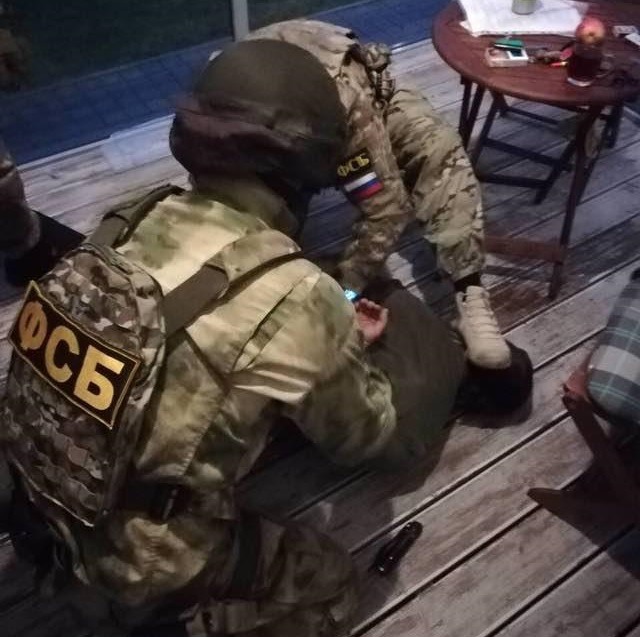FSB and Customs Uncover Cigarette Smuggling Operation
Recently, officers from the Border Directorate of the FSB of Russia, working in cooperation with law enforcement units of the Vyborg Customs, disrupted the activities of a cunning group involved in smuggling large quantities of tobacco products past customs controls. The group chose to use rail transport on the “Svetogorsk – Imatra” route for their operations.
The smugglers attached cigarette packs to the underside beams of train cars using magnets during brief stops at internal stations. This method made it extremely difficult for customs and border officers to visually inspect the cars without special equipment at the checkpoint.
How the Cigarettes Were Hidden
Would you crawl under a train car? Experts believe that this scheme could not have been carried out without the involvement of employees from Russian Railways (RZD), who provided the smugglers with information about international trains-such as exact schedules, stop times, and locations. The trains were tracked using GPS trackers hidden inside the train cars, and information about the movement of goods was sent remotely to the organizers’ devices.
The tobacco products lacked excise stamps, and their estimated value exceeds 350,000 rubles. This could constitute two separate criminal offenses under Articles 171.1 and 200.2 of the Russian Criminal Code.
Attempts at Bribery and Further Offenses
Previous attempts to smuggle cigarettes had already been detected by border guards, prompting the group to seek out individuals who could help them move goods into Finland without interference. An attempt to bribe an official at the checkpoint failed and resulted in charges under Part 4 of Article 291 of the Russian Criminal Code.
During the investigation, authorities recorded the transfer of money to a member of the FSB Border Service in exchange for a lax inspection of train cars carrying the tobacco products. After the suspects were detained, searches were conducted at their residences. At one suspect’s home, police discovered a room set up for growing cannabis, which, given the scale, may be considered illegal cultivation of plants containing narcotic substances (Article 231 of the Russian Criminal Code).
Potential for Drug Smuggling
The circumstances of the operation and the method of moving illegal tobacco products suggest that this scheme may have been a “test run” for future drug smuggling. Authorities are now conducting a comprehensive investigation to identify all participants and details of the scheme, and are considering opening several criminal cases based on the findings.



